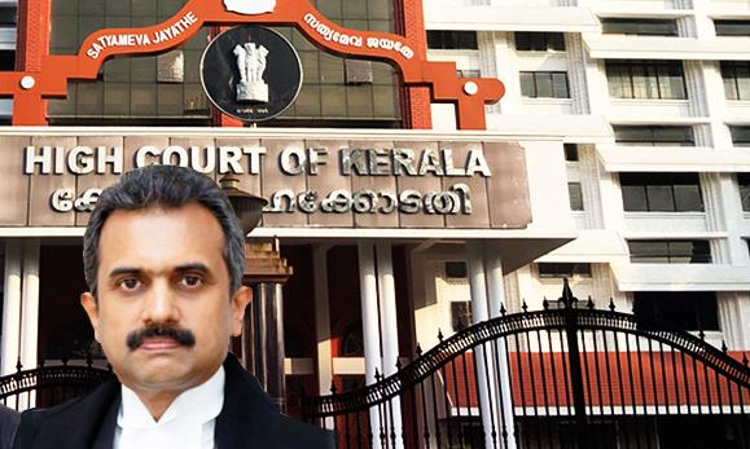Claim Of Electricity Board Not Barred By Limitation Where Unauthorised Usage Is Continuous: Kerala High Court
Athira Prasad
18 Jan 2023 4:50 PM IST

Next Story
18 Jan 2023 4:50 PM IST
The Kerala High Court recently observed that Electricity Board's claim for additional amount on the basis of alleged unauthorised usage of electricity is not barred by law of limitation when the violation is a continuous and recurring one. The Court observed that this is in addition to the factors provided under Section 126 (5) of the Electricity Act 2003.Justice Shaji P Chaly observed that, I...
